6 Types of Plants That May Actually Be Attracting Mosquitoes To Your Garden
These plants might be sneakily trapping water that mosquitoes are using to breed. See if you have any of these mosquito magnets lurking in your backyard.

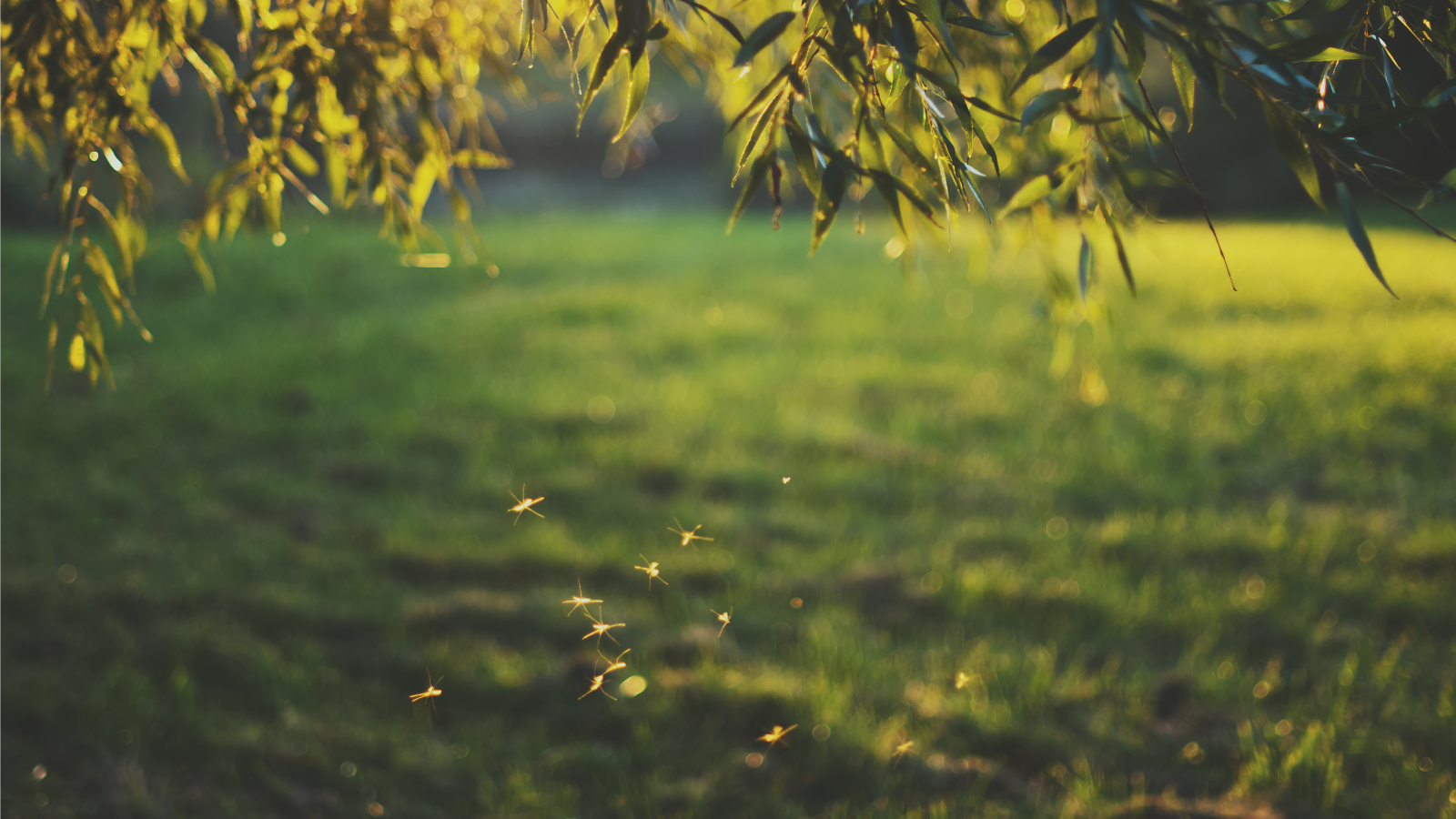
Mosquitoes can ruin an otherwise enjoyable garden, a garden you’ve worked hard to grow and cultivate. You want to be able to spend time in your garden during the summer, but you get swarmed by pesky mosquitoes, especially at dusk.
Mosquitoes can lay eggs in as little as a teaspoon of water and can wreak havoc on your outdoor summer gatherings. Besides just being pesky, mosquitoes can spread diseases like West Nile Virus and malaria.
Getting rid of mosquitoes in the garden can feel like a never-ending task, but there are some things you can control. Many factors can attract these pests to your yard and garden, including certain plants. Are you growing these plants in your yard?
What Attracts Mosquitoes?
Mosquitoes are a problem for two very important reasons. The first is that they’re annoying. They buzz in your ears, bite, and leave you with itchy welts that last for days. The other issue is more serious: mosquitoes carry disease. To stay comfortable and healthy in your garden, it’s important to design your garden with backyard mosquito control in mind so you don't end up encouraging mosquitoes.
Standing water, where mosquitoes lay eggs, is the biggest draw for mosquitoes. You may already know how to prevent mosquitoes in bird baths and other common areas of standing water, but there are some sneakier areas like inside the plants you grow.
The biggest risk is water that has been standing for 7 to 10 days. This allows enough time for larvae to hatch and become adults. Anything you can do to eliminate standing water in the garden will help immensely.
Mosquitoes also like areas of the garden that are densely planted, shaded, and cool. Water can easily collect in these areas, and you might not even realize it. Don’t forget to check your gutters, which can become clogged and full of water.
Sign up for the Gardening Know How newsletter today and receive a free copy of our e-book "How to Grow Delicious Tomatoes".
Plants That Actually Attract Mosquitoes
Another factor to consider when reducing mosquitoes in the garden is the plants you grow. While some plants, like citronella, might help keep them away, these problematic plants might be drawing them in or hosting mosquitoes in your garden.
1. Bamboo
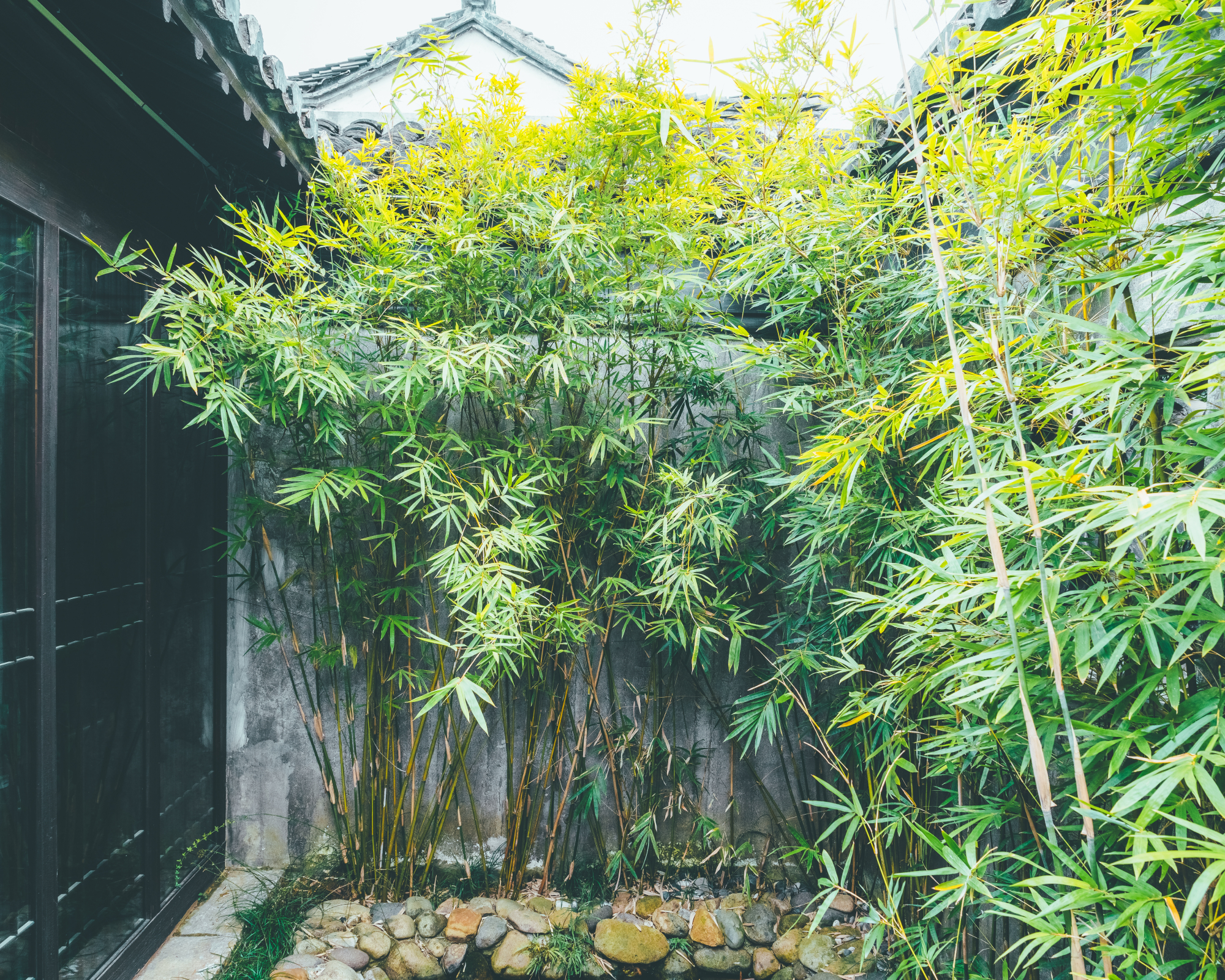
Bamboo is a fun and easy plant for the garden. It grows quickly, providing a privacy screen and shade. On the other hand, bamboo is notorious for collecting water in its hollow stalks. Each stalk can then become a desirable breeding ground for mosquitoes, and there’s no easy way to get the water out. If you’re having issues with mosquitoes, or it rains a lot in your garden, you might want to kill bamboo plants to control their spread.
2. Bromeliads
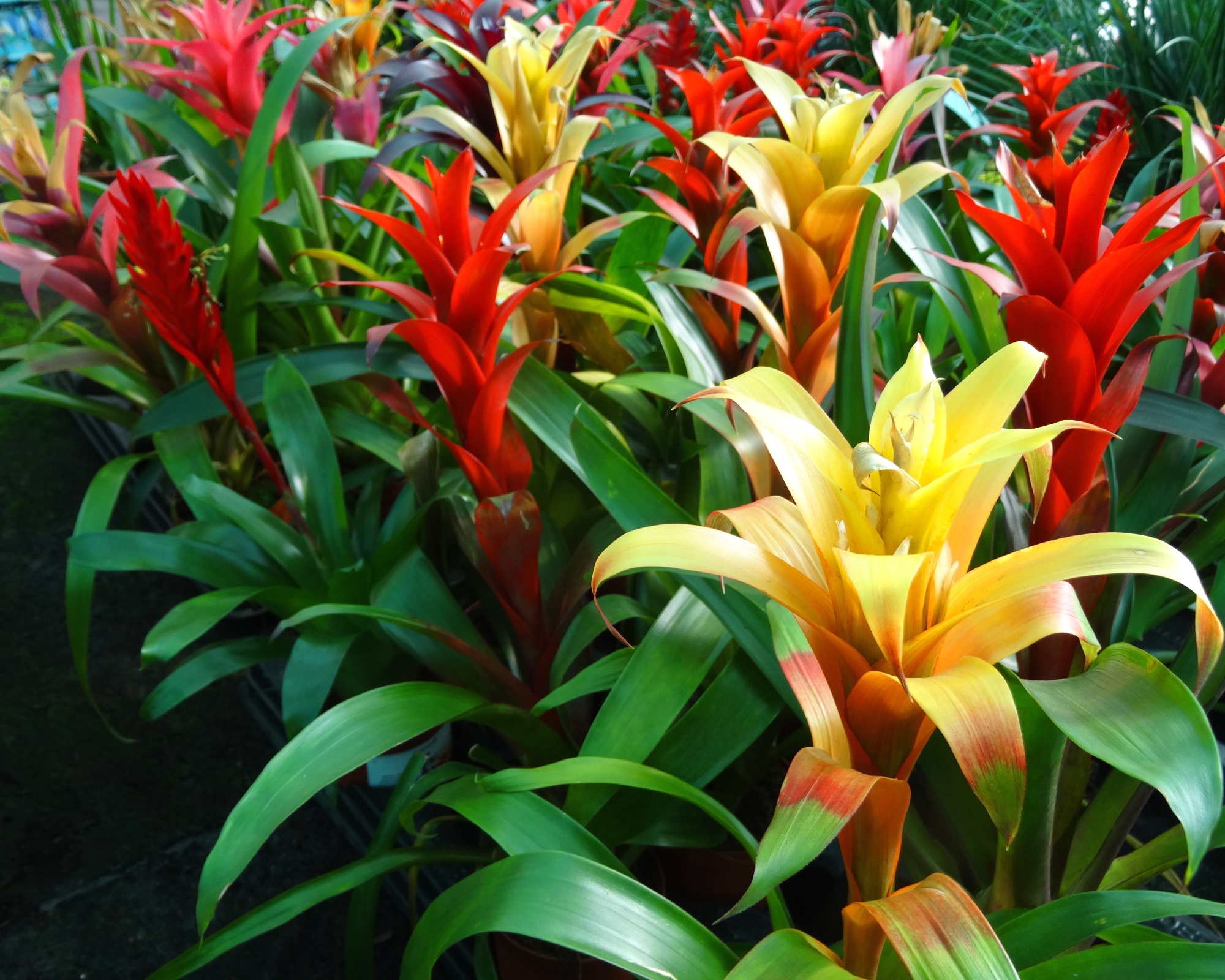
Bromeliad plants are tropical, warm-weather plants that many people grow indoors. They have colorful flowers and unique leaves. You can grow them outside in summer, but beware. Like bamboo, these plants collect water. The leaves and flowers grow in rosettes, creating a little cup that holds water. Either avoid bromeliads outdoors or keep them out of the rain and water only at the soil level to avoid standing water.
3. Invasive Honeysuckle
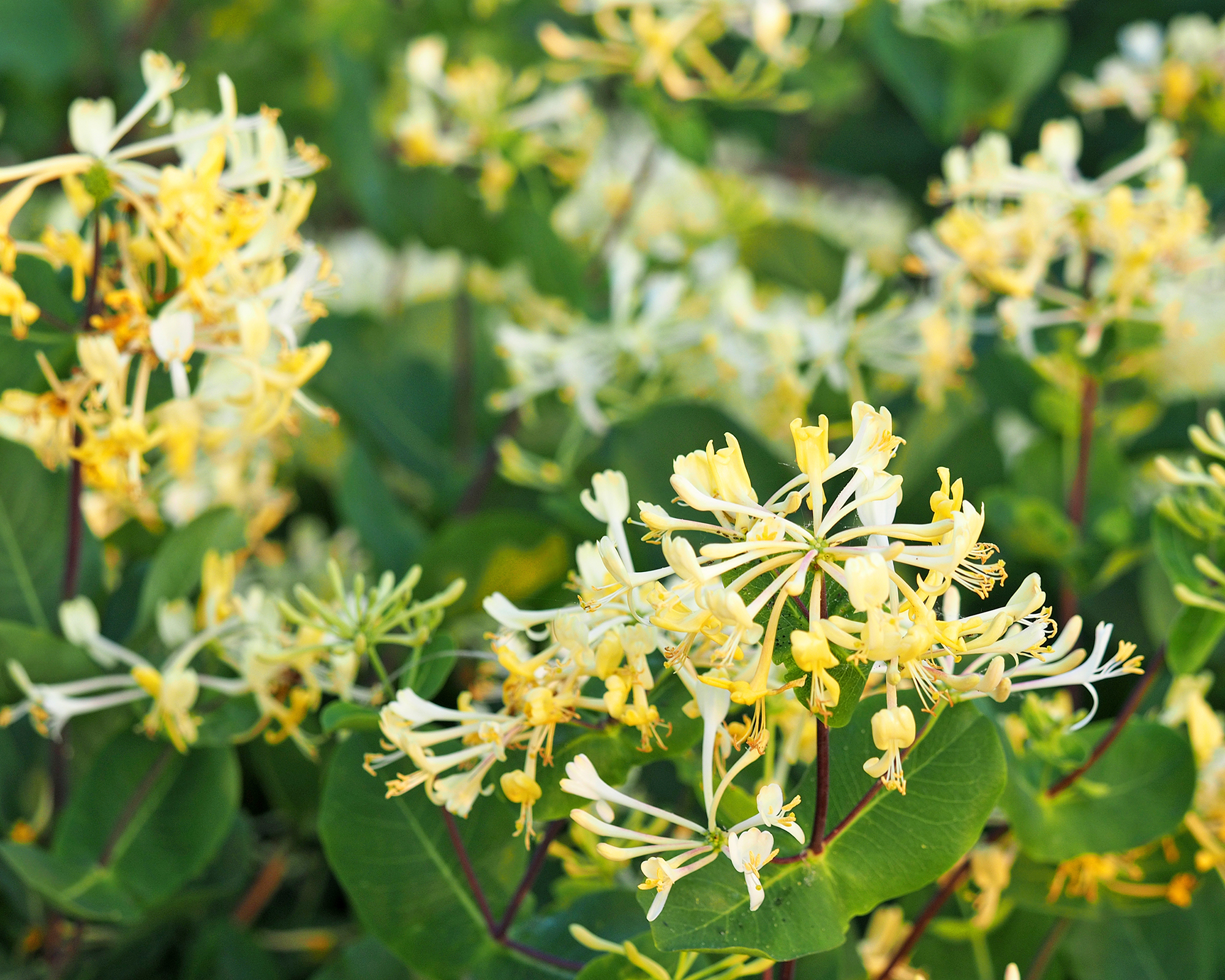
The fact that they are invasive is already a good reason to avoid growing Japanese honeysuckle bushes in your garden. They outcompete native species and provide wildlife with berries that are less nutritious than native options. Honeysuckle plants attract mosquitoes because these bushes grow densely and create ideal microclimates for mosquitoes with shade, cool, still air, and plenty of moisture.
If you need even more reason to remove this invasive species, getting rid of honeysuckle also deters deer and ticks. For tick and mosquito protection, our editors recommend pairing overalls with a good bug repellent. These cute overalls can be purchased from Duluth and will cover exposed skin. Add more mosquito and tick protection by spraying them with permethrin insect repellent from Amazon.
4. English Ivy
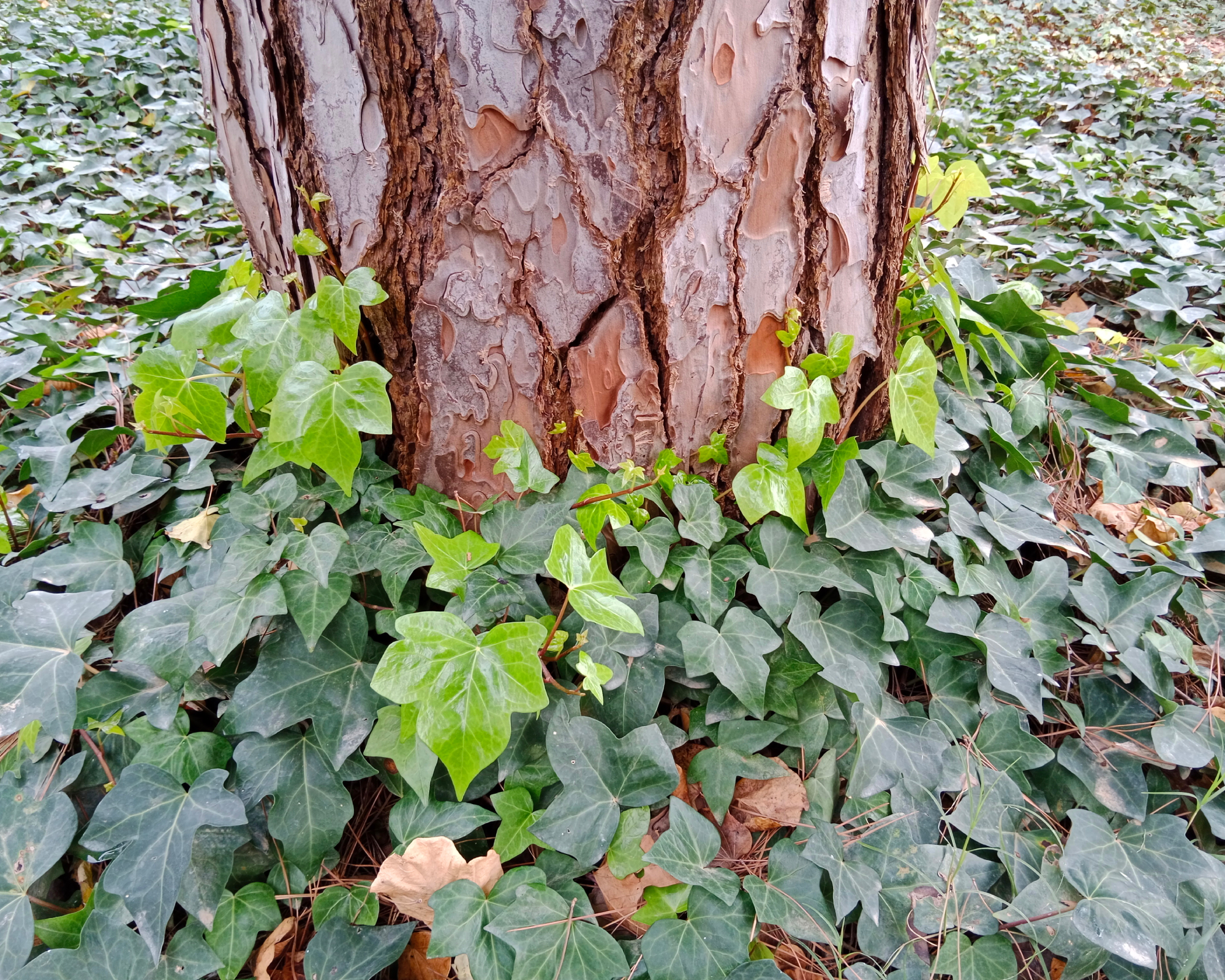
This is another invasive plant that is worth getting rid of for more than one reason. It grows, climbs, and spreads aggressively, and can even cause damage to trees or walls. The dense growth of ivy, which persists through winter, creates a great environment of cool air and moisture for mosquitoes. Killing English ivy can be labor intensive, but will be worth it to protect your trees and prevent mosquitoes.
5. Pond Plants
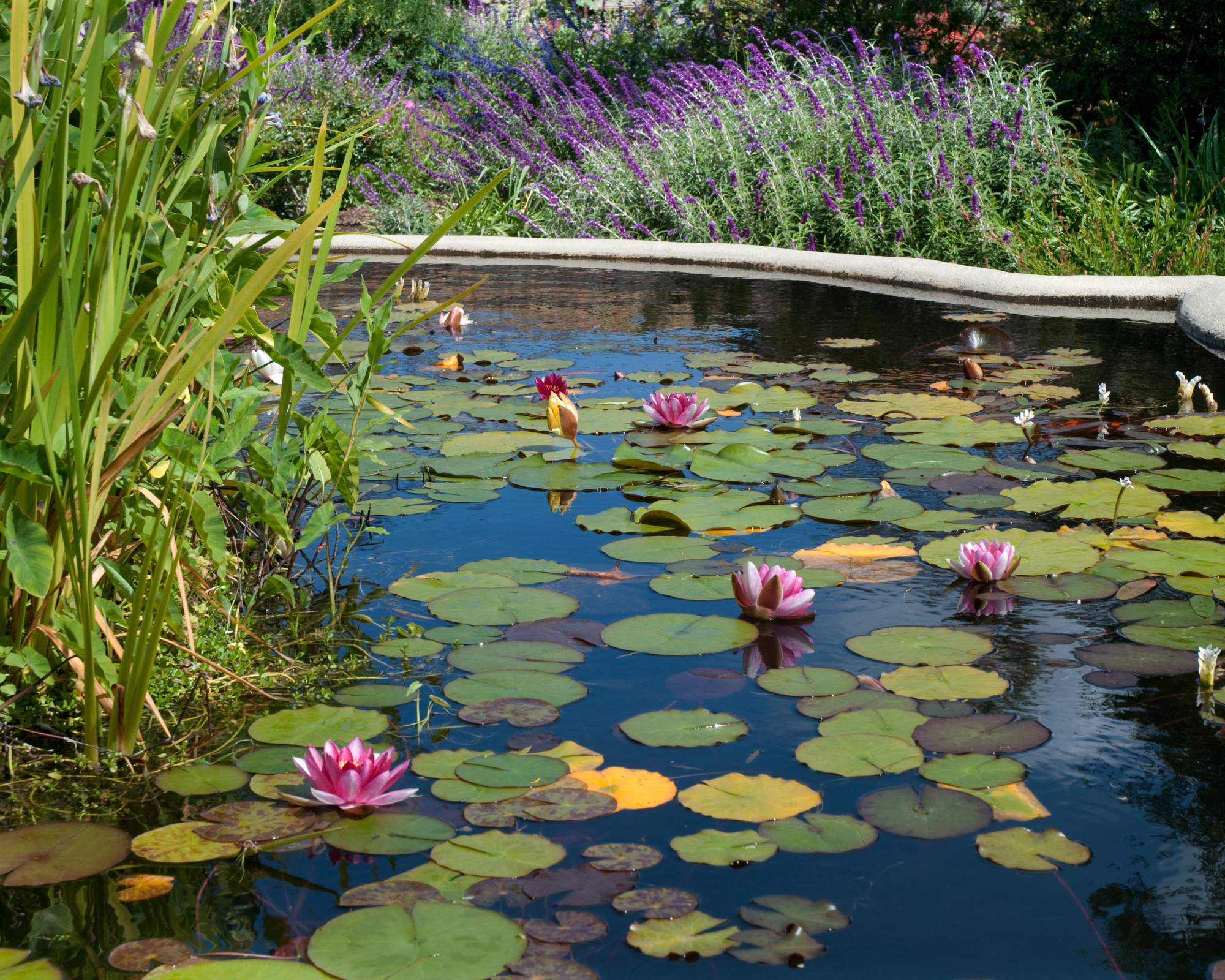
Any plant that grows in a pond or even a marshy area thrives in plenty of water. They also tend to hold water and create breeding grounds for mosquitoes. Water lilies, papyrus, taro, and water hyacinths are examples of water plants that look lovely but that will definitely create a mosquito habitat.
If you have a pond, consider using a bubbling feature to keep the water moving and deter egg-laying mosquitoes. This pond aerator from Amazon can help break the surface tension of the water and reduce the likelihood mosquitoes will lay eggs. You can also grow deterrent plants, like citronella, or place potted plants that repel mosquitoes around the pond.
Pond pest control products like mosquito dunks use Bacillus thuringiensis israelensis (BTi) bacteria that targets mosquito larvae but is safe for fish, pets, and humans. You can purchase mosquito dunks from Amazon.
6. Some Container Plants
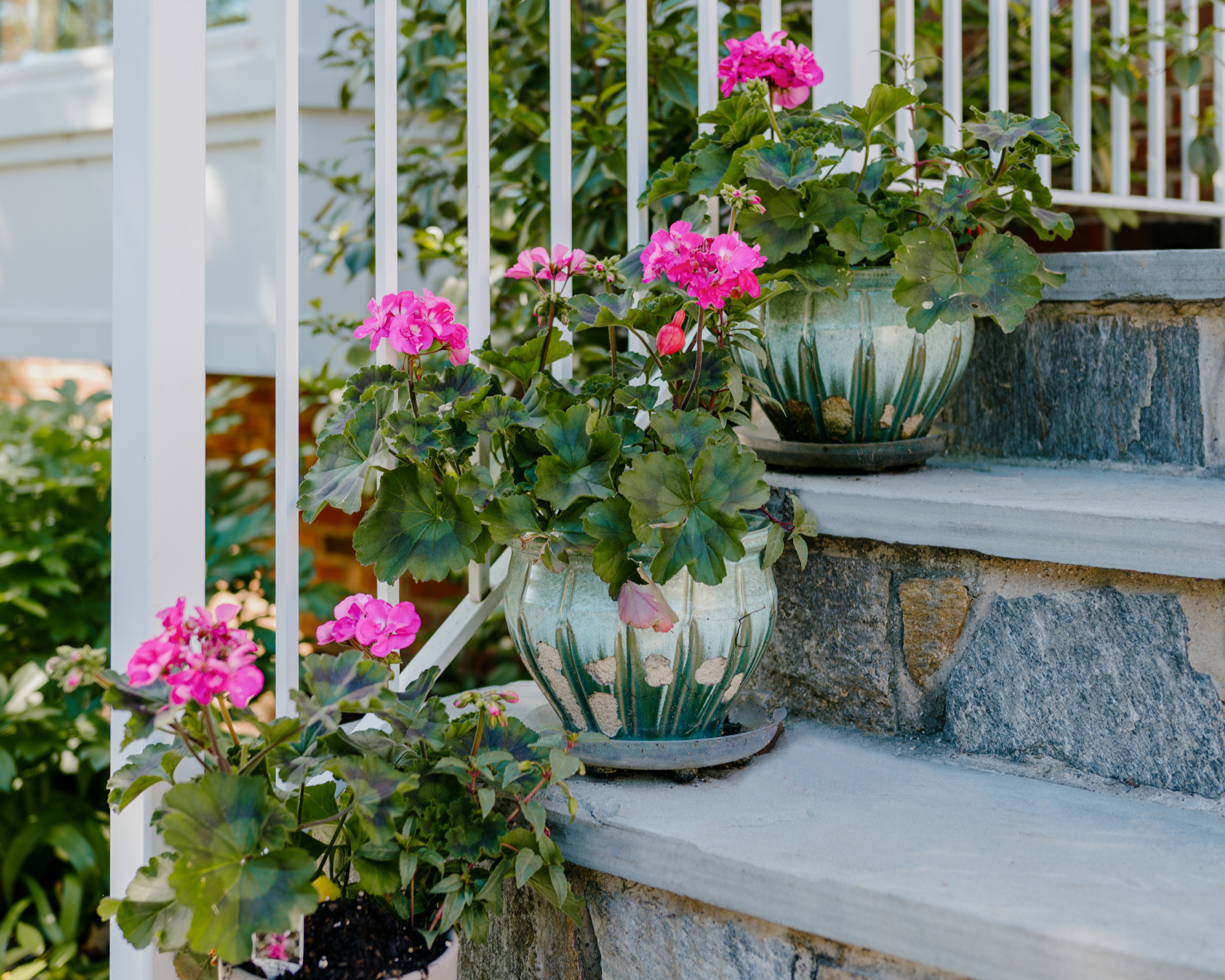
There is no reason you can’t enjoy container plants in the garden without attracting mosquitoes, but there is a caveat: don’t let standing water pool. One of the most common ways this happens in containers is with those that sit in trays.
Using potted plant saucers or trays can keep a space tidy and clean, but they hold water and create an ideal environment for mosquito breeding. If you use saucers, let water run through the plants and then tip out the excess. Or, simply don’t use them at all. Water that runs out onto the ground will dry quickly.
Avoid these plants and manage standing water to create your dream garden that is an oasis free of mosquitoes.

Mary Ellen Ellis has been gardening for over 20 years. With degrees in Chemistry and Biology, Mary Ellen's specialties are flowers, native plants, and herbs.